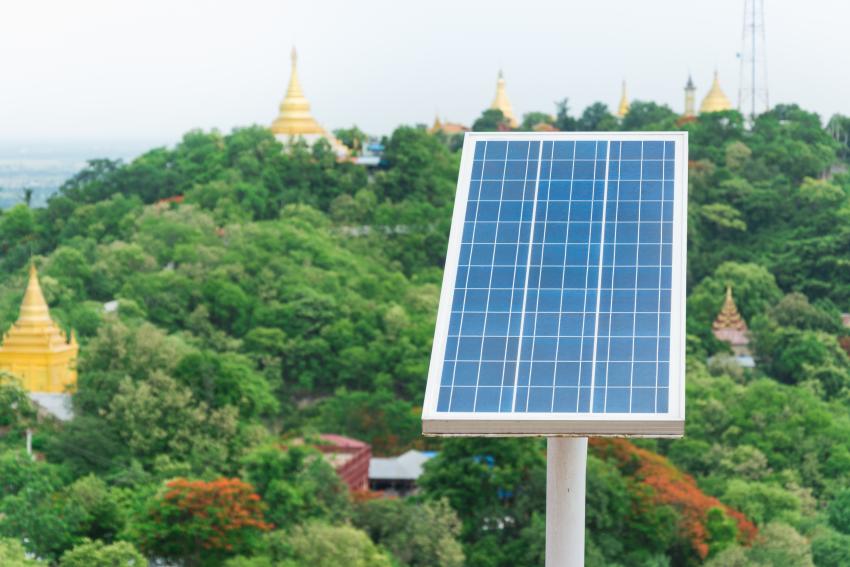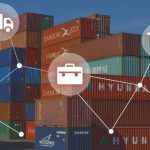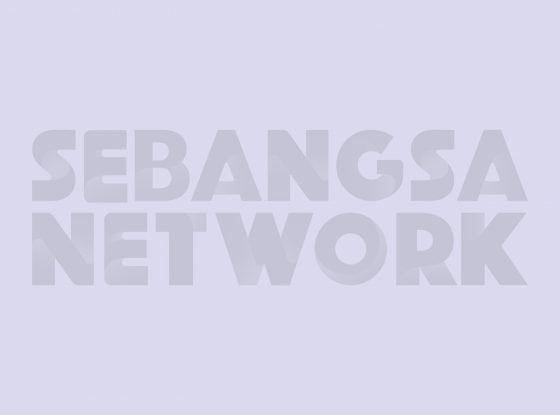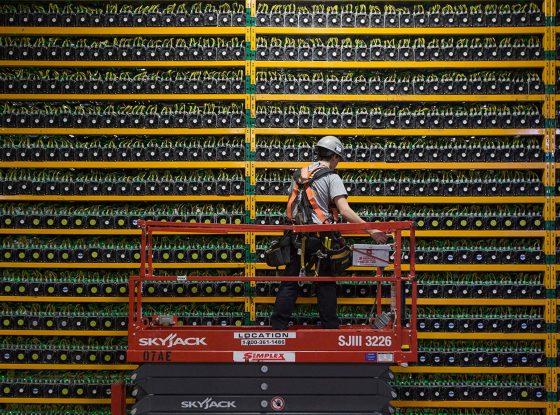Can Asia source clean energy?

Asia represents almost half of the global energy demand and will need even more in the future. An increasing number of people become part of middle class, will consume more, travel more and drive more cars. Today, Asia’s energy is not sourced from renewables, but from coal. An issue that needs to be solved!
Reverse trends
The Paris Agreement requires coal powered countries to peak in 2020, then decrease rapidly to 80% below 2010 levels by 2030 and be phased out by 2040. Today, 27 countries in APAC account for 76% of current global coal generation capacity.
So, the starting point is challenging but it doesn’t stop there: the region accounts for 94% of the global pipeline of new coal plants, which means that it intends to use more coal moving forward. At this rate, the phase-out would be achieved by 2060 only, rather than in 2040…
Consequently, a transition to renewables needs to compensate not only for high fossil-based energy generation today, but an even higher demand tomorrow.
Geopolitical challenges
The coal ecosystem is a geopolitical game. More than 60% of the coal reserves are situated in Asia and many countries rely on the income from coal exportation. China, Japan, South-Korea and India are large coal importers and support countries like Bangladesh, Indonesia, Pakistan and Viet Nam, providing the coal.
The sustainability economics
To get rid of this closed ecosystem, the Asian transition to sustainable energy needs to be beneficial economically, rather than being based on ideological arguments.
What the transition can offer to Asian countries is a good story though: the potential of solar, wind and water is huge, it will create jobs, will decrease Asia’s dependence on fossil fuel import, reduce pollution and bring power to the many Asians currently not connected to the grid.
Renewable energy initiatives
Let’s have a look at what’s happening in Asia’s largest economies
- China intents to become carbon-neutral by 2060. Massive investments are being made in wind and solar, whilst incentives and regulatory requirements are being implemented. Examples are the National Carbon-Trading scheme and a Green Power Trading program
- India looks at 2070 to achieve net-zero; this is 20 years behind the global target, but then again, India is facing many challenges with higher priority, such as poverty, healthcare and education. Nonetheless, the majority of India’s new energy capacity additions since 2017 have been based on clean energy rather than on fossil. This is the result of good governance and is expected to deliver renewable energy at a lower cost then fossil in the upcoming decade.
- Indonesia has pledged to phase-out coal by 2040, but still has a long way to go as the country depends mostly (87%) on fossil fuels. Nonetheless, Indonesia sits on the world’s largest geothermal source of energy (tectonic and volcanic) and has therefore the potential to accelerate renewable energy, if it weren’t for the country’s complex and contradicting regulations. For instance, corporate customers are prevented from purchasing renewables directly from producers.
- Japan aims to achieve carbon neutral by 2050 and a minimum of 36% of power supplies should come from renewables by 2030. This means cutting coal, LNG and oil significantly, but it would also mean restarting 30 nuclear reactors, which public opinion is not too enthusiastic about since the 2011 Fukushima disaster. Japan is also looking into alternatives, such as ammonia and hydrogen.
As expected, promises and pledges are easy, but local challenges are plentiful. The conclusion is that Asia has started the transition, but the 2050 carbon-neutral target seems to be too ambitious.
Source : globalfleet.com



